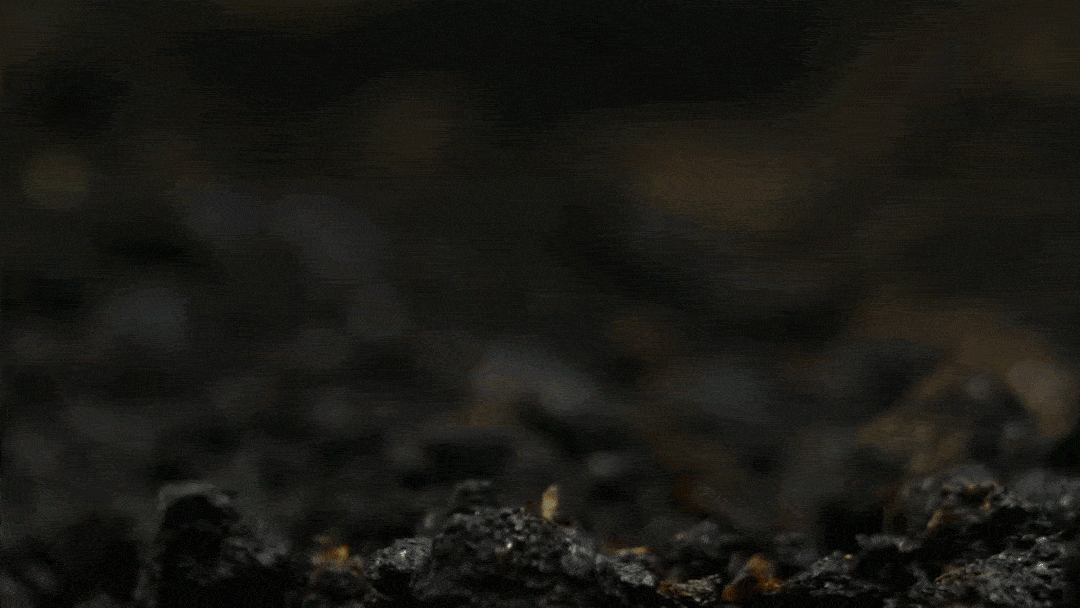
🪴We are committed to providing our customers with quality, affordable seeds. 🌱

About Mizuna Red Japenese Mustard Seeds

✨Historical Significance: Mizuna has a rich history in Japan, cultivated since ancient times. Notably, it achieved a milestone by successfully growing in the International Space Station in 2019.
🌱Cultivation Conditions: It grows in hardiness zones, prefers full sun or partial shade, well-drained soil, and has a pH of 6.5-7.0. It can be grown as a microgreen or for its leaves with a recommended 20cm spacing.
❄️Plant Characteristics: This hardy, biennial plant presents a unique growth cycle. In its first year, Mizuna forms a dense rosette with finely cut, light green leaves, reaching a height of 15 to 25 cm. Its appearance combines elements of curly chicory and a tuft of dandelion.
🌸Flowering and Flavor: Mizuna exhibits yellow flowering with small petals typical of the Brassicaceae family in its second year. The leaves are crunchy with a slightly peppery flavor, resembling both curly chicory and dandelion.
🏅Nutritional Value: Red water greens, including Mizuna, offer a range of essential nutrients such as vitamins A, C, and K, folate, iron, B vitamins, calcium, magnesium, selenium, zinc, and manganese. It also contains beneficial compounds like glucosinolates, kaempferol, and anthocyanins with antioxidant properties.
🌱Sowing and Harvesting: Mizuna is an undemanding plant that can grow in various soils. While it's hardy, it is sensitive to heat, and it's recommended to sow it in late summer for a winter harvest. The harvest can typically be done six weeks after sowing.
🥬Low-Maintenance Vegetable: Mizuna is known for its resilience, requiring minimal maintenance, no fertilization, or treatment. It's particularly suited for autumn and winter growth, eliminating the need for additional watering.
🌎Red Mizuna History: Developed by the Japanese company Tokita Seed, red Mizuna is a variation of the well-known green-leaf Mizuna. Today, it is commonly found in local farmers' markets and specialty grocery stores in Asia, Europe, and North America.

Plant Details:
- Common Name: Mizuna
- Latin Name: Brassica rapa var japonica
- Family: Brassicaceae
- Vegetation: Biennial
- Mature Height: 0.15 to 0.30 m
- Soil Types: Suitable for all soil types








